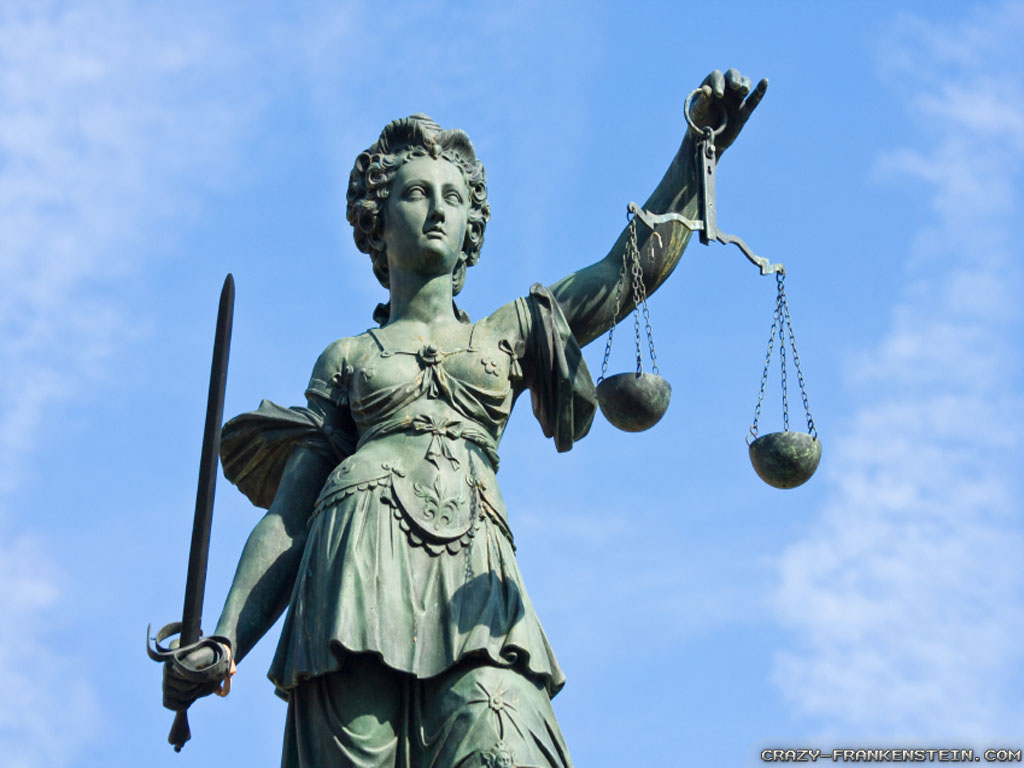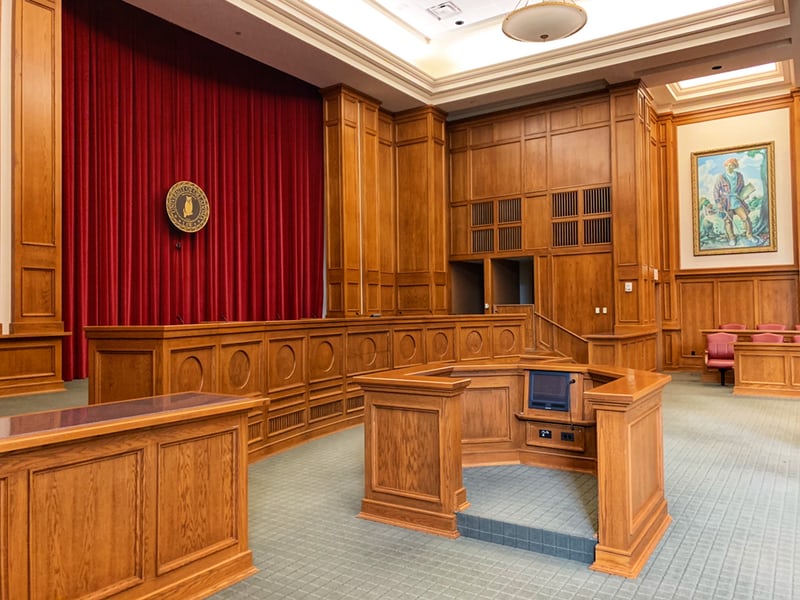Second chances and redemption under Michigan’s new expungement laws.
 About one in three working age adults has a criminal record—about the same number of Americans that have a four-year college degree. Employers put great emphasis on both factors, and the absence of one or existence of the other can severely impede the ability to find gainful employment. Michigan has just passed a package of bills called “Clean Slate.” Under Clean Slate, a vast number of convictions will be removed from the public registry.
About one in three working age adults has a criminal record—about the same number of Americans that have a four-year college degree. Employers put great emphasis on both factors, and the absence of one or existence of the other can severely impede the ability to find gainful employment. Michigan has just passed a package of bills called “Clean Slate.” Under Clean Slate, a vast number of convictions will be removed from the public registry.
For decades, being ‘tough on crime’ was synonymous with good governance. When someone was convicted of a crime, a permanent record was made of the event that would follow that individual for the rest of their life. The underlying reasoning, aside from punishing the offender, was to help employers avoid hiring someone that could threaten their business.
While change is slow, DUI/drug courts, mental health intervention, and other pretrial interventions are being implemented across Michigan. Studies show that such programs are more effective at reducing recidivism that incarceration. Moreover, they cost less than placing people in jail. The other side of the equation is to place the diverted individuals into good jobs that pay a livable wage.
In Michigan, private employers may ask applicants at the very first stages of hiring process whether they have a criminal history. There is a movement around the country to make such questions illegal, forcing employers to investigate criminal histories later in the hiring process. However, there is little evidence that “banning the box,” as it is commonly called, is effective in securing jobs for applicants with a criminal history. Ultimately, the only way to free someone from the stigma of a criminal record is to dispose of the criminal record itself. Expungement is the most widely used vehicle to accomplish removal. The underlying process is straight forward. The legislature enacts eligibility requirements, excluding certain crimes and limiting the number of convictions that can be expunged. Additionally, to strike a balance between encouraging employment and protecting employers from becoming the victim of new crimes, applicants must wait years from the date of the offense before expungement is possible.
Michigan’s first expungement law was enacted in 1965. Before that, the only way to have a criminal conviction removed from your record was through a pardon—an option not available to most of the public. At its inception, eligibility was narrowly drawn to only include individuals convicted of a single felony. Even one misdemeanor, such as driving without insurance or possession of small amount of marijuana, would render them ineligible.
In 2011, the law was expanded. Applicants could expunge up to two misdemeanors in addition to the single felony. Subsequent to the 2011 expansion, minor amendments to the law were passed, adjusting what crimes are eligible and defining what constitutes a conviction in light of pretrial diversion programs. However, none of these changes were significant.
This leads us to the seven-bill Clean Slate package passed into law this October. The biggest achievement of Clean Slate was the creation of the first automatic expungement system in the country. Under the law, a significant number of felony convictions will be automatically removed from the public record ten years after the offense occurred. Automatic expungement is even more generous for misdemeanors offenses, with most expunged after only seven years.
Importantly, there are numerous exceptions to the automatic expungement system based on the number of offenses and nature of the crimes. However, applicants who do not qualify for automatic expungement are still able to petition a circuit court in the same manner as before but with greatly expanded eligibility. By Petition, applicants can expunge an unlimited number of misdemeanors and up to three felonies—but also subject to numerous exceptions and qualifications.
Clean Slate also creates an expedited pathway to expunge misdemeanor marijuana offenses in light of the legalization of recreational marijuana. While the automatic provisions remain the same for marijuana misdemeanors, there is no waiting period if a petition is filed. An applicant can petition for expungement as soon as the bills go into effect on April 1, 2020. Upon filing, there is a rebuttable presumption in favor of expungement. The prosecuting attorney has 60 days to file an answer as to why the crime should not be expunged. If that doesn’t happen, the crime will be expunged after 21 days.
While Clean Slate goes into effect in April of 2021, the legislature acknowledged the difficulty in administering the broad automatic expungement policy. The state will have 2 years to create and implement the automated system. The statute actually allows for a longer period in the event of technical problems and appropriate funding. Moreover, from the time it goes live, it may take a significant amount of time to address the extensive backlog of crimes committed 20, 30, or 40 year ago.
Clean Slate is about redemption and second chances. It is also about economic prosperity. For those who have had to write “will explain” on their job applications when asked about criminal conviction, or were left no choice but to take a low paying job without benefits, expungement is life changing. The attorneys at Neumann Law Group are staying apprised of the expungement laws and watching the implementation of automated system carefully. If you have criminal convictions on your record and are interested in expungement, Neumann Law Group is ready to help you get the clean slate you deserve. If you have any questions about whether you qualify for expungement, please contact our office for a free consultation.




